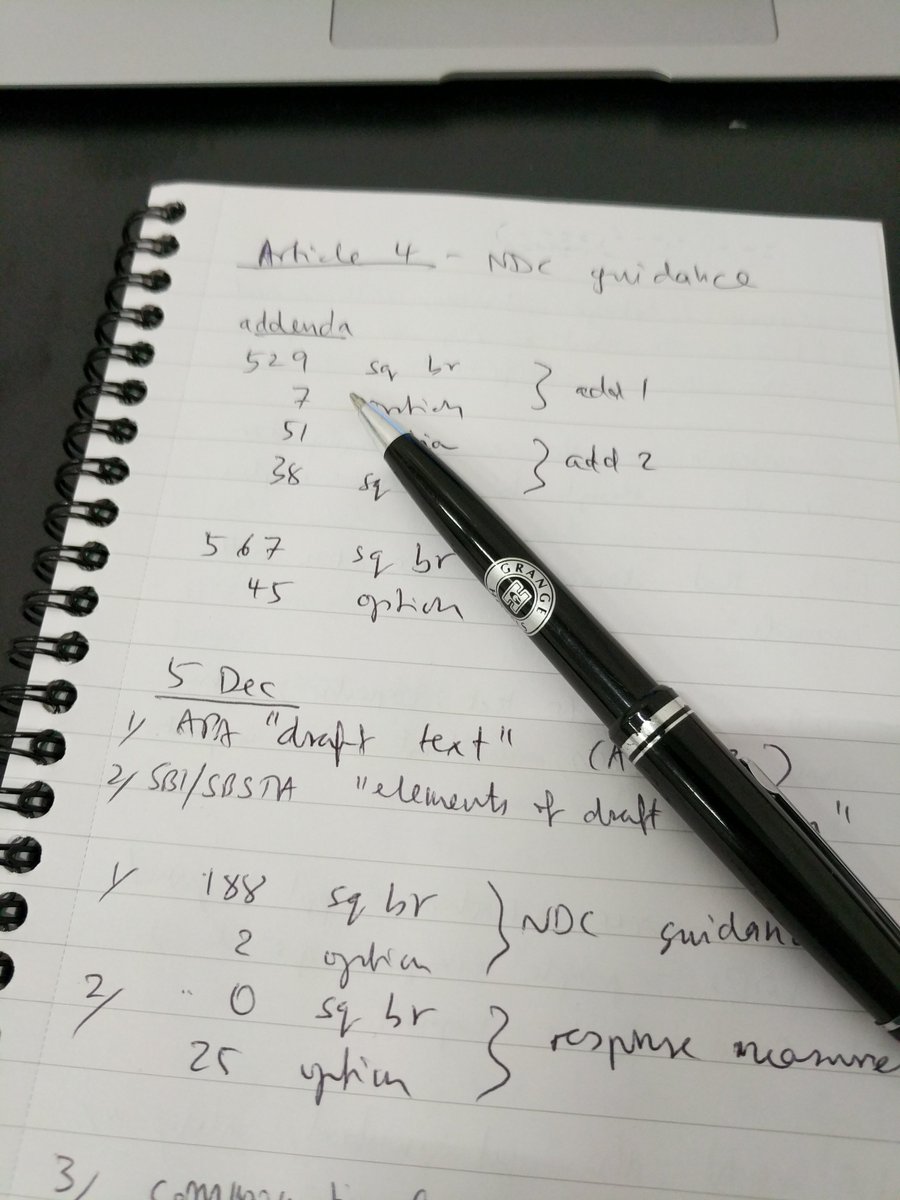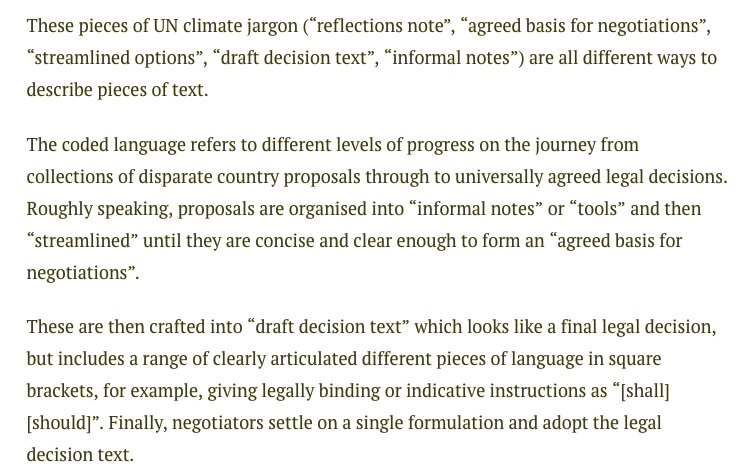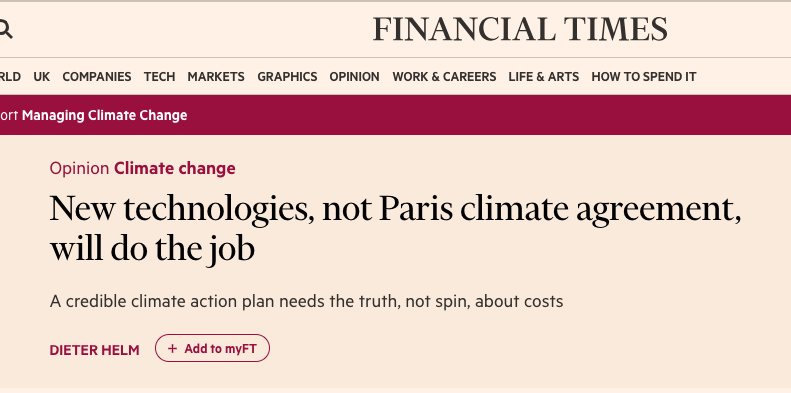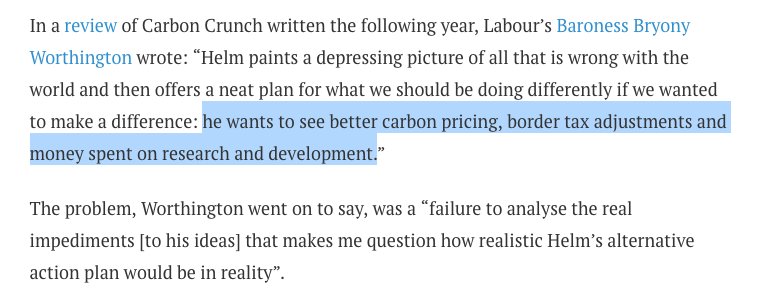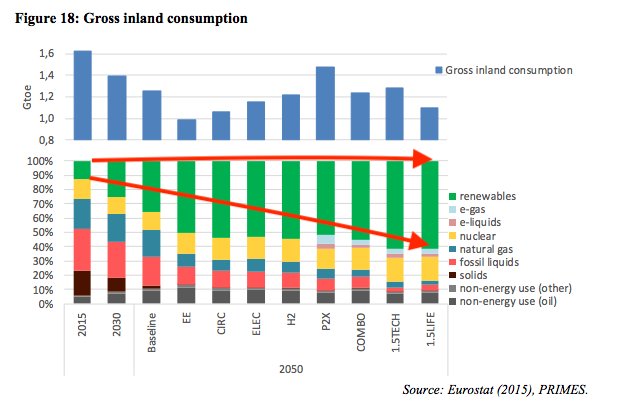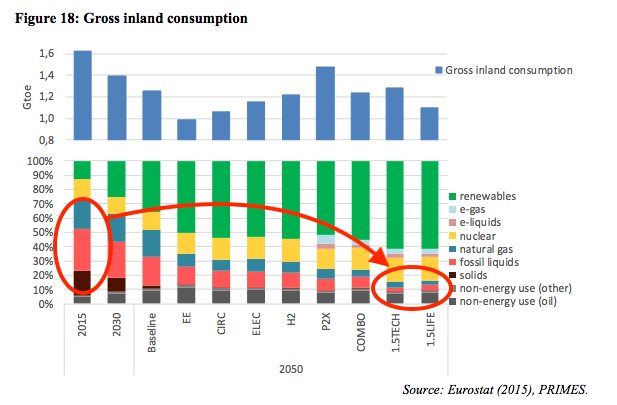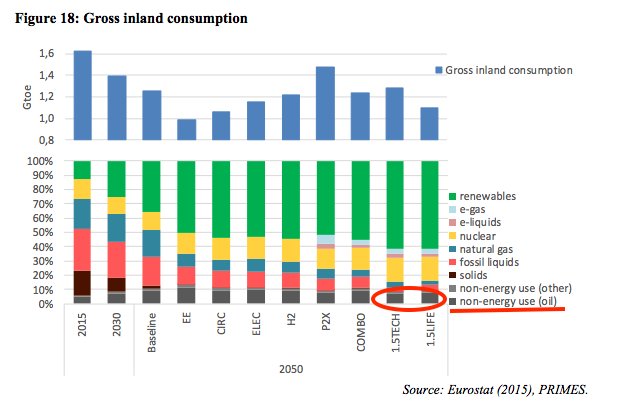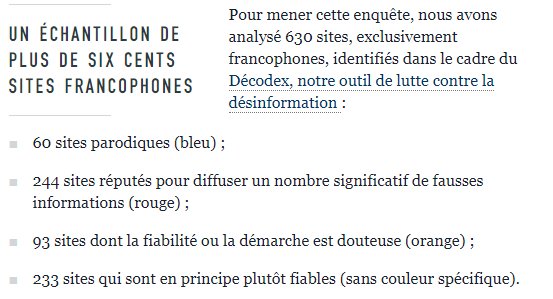1/n
7 of 10 lowest demand periods ever recorded on GB grid were in 2017 (the other 3 were in 2016)
nationalgrid.com/sites/default/…
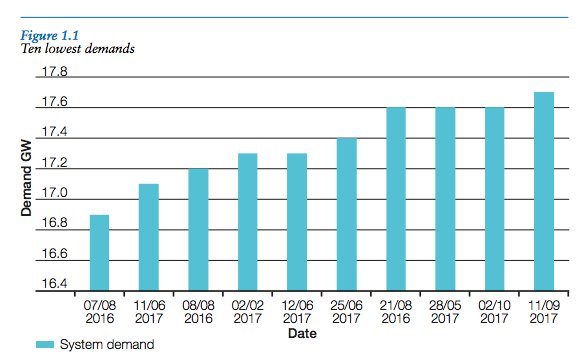
GB grid minimum demand is falling due to the rise of distributed renewables – which are not connected to the main grid – and because overall demand is falling too.
These trends will continue to push down minimum grid demand this year, National Grid says:
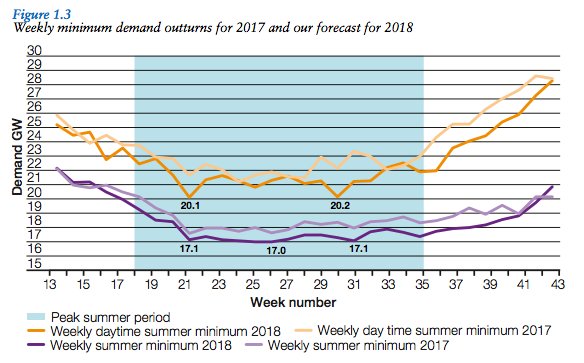
One big part of this is solar generation, which means grid minimum demand now sometimes happens during the daytime. It always used to happen at night.
nationalgrid.com/sites/default/…
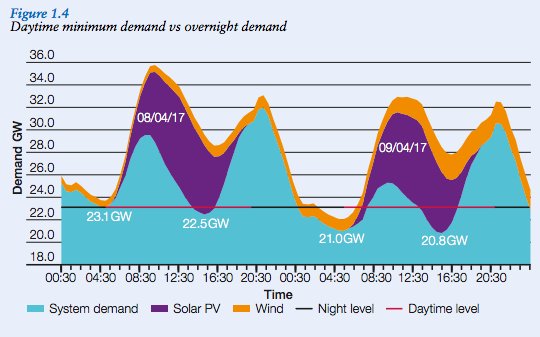
Distributed GB solar capacity is set to continue growing, acc. National Grid, reaching nearly 15GW by this time next year, up from 13GW today.
[Q: Anyone know how much solar is transmission grid-connected?]
[Q: Seems a rosy outlook for solar, given recent trend, no?]
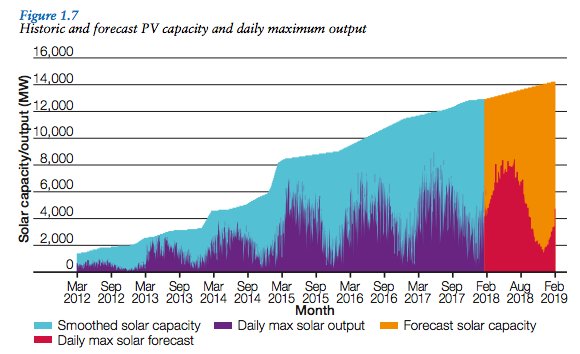
Falling minimum grid demand is getting *really* close to the level of inflexible generation on the system – things like nuclear or industrial CHP that are hard to switch off.
So at times, Nat Grid might ask pumped hydro to *raise demand*…or tell windfarms to switch off.
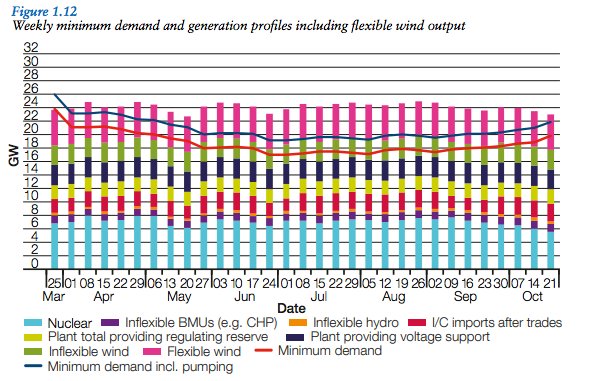
It isn't only the GB grid that is changing.
In past year, big increases in renewable capacity across major EU economies, with falls for coal, gas & nuclear.
This will affect continental power prices & interconnector flows.
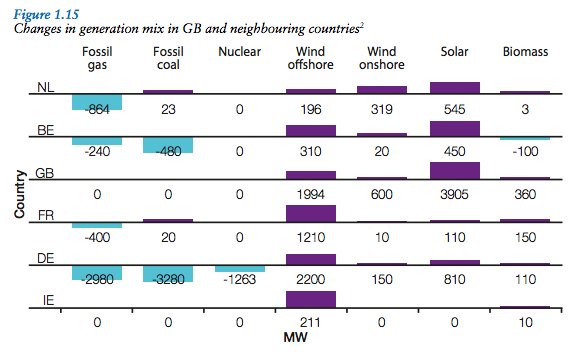
The rise of renewable electricity is cutting demand for gas-fired power.
It also increases variability: GB gas demand can drop 20%, on windy and sunny summer days – when heating load is already low.
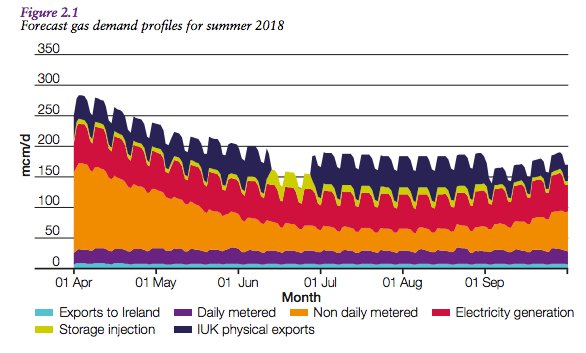
National Grid sees low LNG imports to the UK continuing [the orange big in the chart; despite recent headlines!], as high prices on Asian markets suck in supplies. North Sea continues to supply bulk of demand.
nationalgrid.com/sites/default/…
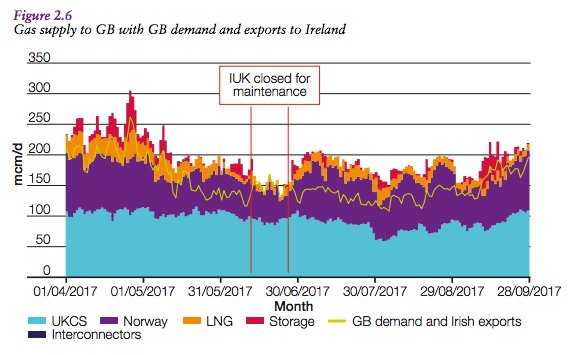
The EU got more electricity from renewables last year than from coal:
carbonbrief.org/eu-got-less-el…
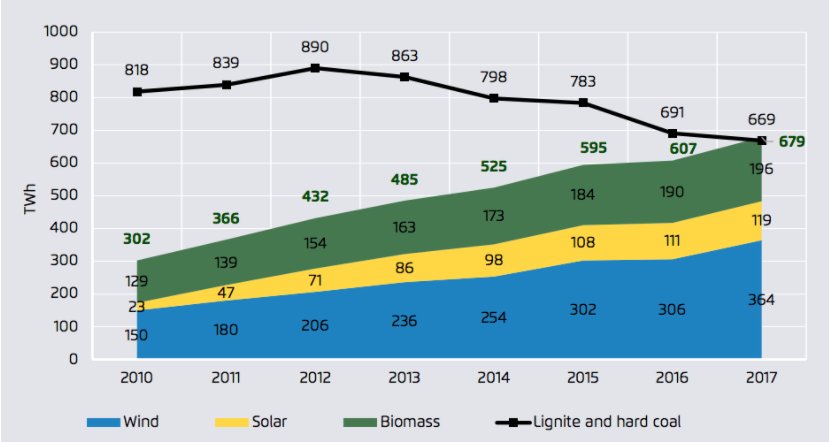
Despite what you may have read, much less than 1% of UK gas demand through mid-March 2018 was met directly by Russian gas
carbonbrief.org/factcheck-less…
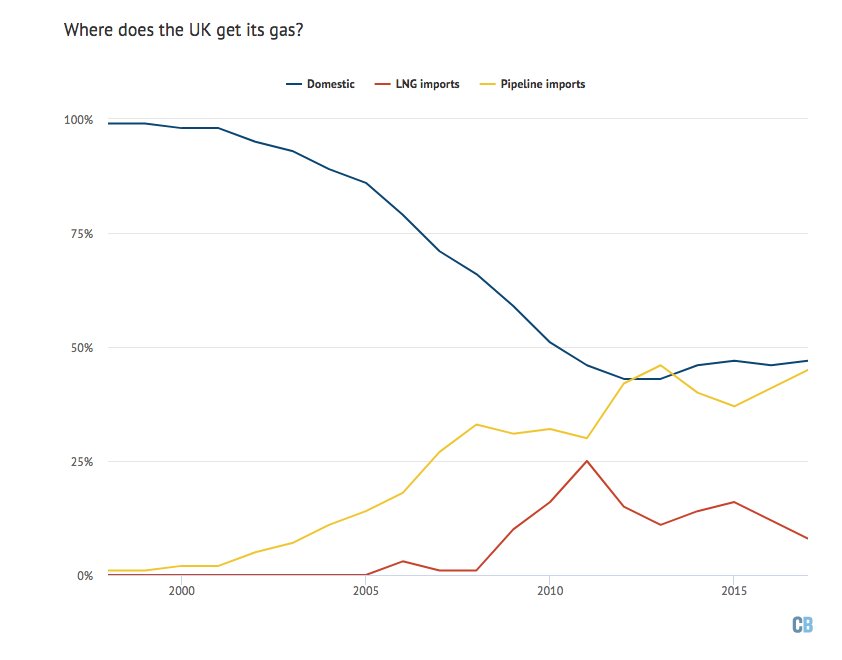
On the rosy Nat Grid outlook for UK solar…even though solar would be cheaper than new gas, finding a route to market for "subsidy-free" renewables is hard
carbonbrief.org/what-does-subs…
One last thing: NGrid says this summer, for 1st time, it'll use a load of batteries to help manage the grid.
The 201MW of batteries contracted in 2016 are now coming online.
"[This] offers a faster service and better value for billpayers"
nationalgridconnecting.com/first-efr-proj…



